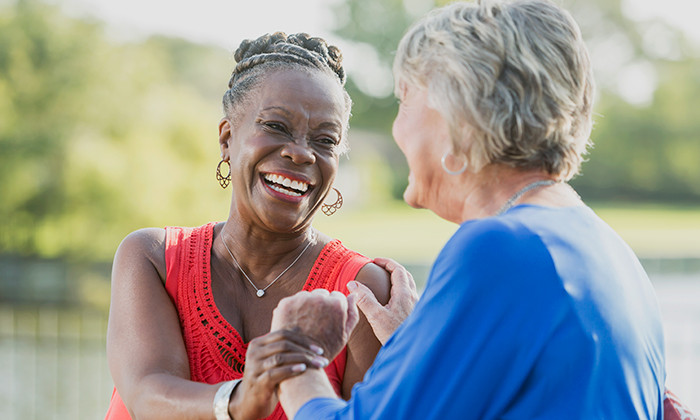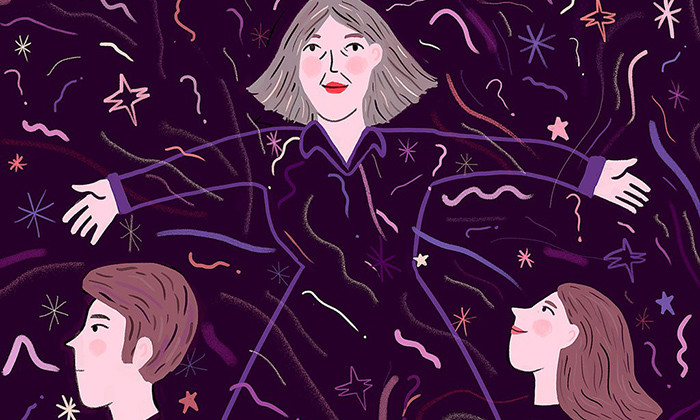Interacting With More People is Shown to Keep Older Adults More Active
It's been said that variety is the spice of life, and now scientists say variety in your social circle may help you live longer. Researchers at The University of Texas at Austin have found that older adults who spend more time interacting with a wide range of people were more likely to be physically active and had greater emotional well-being.
In a paper out Feb. 20 in the Journals of Gerontology Series B: Psychological Sciences and Social Sciences, researchers found that study participants who interacted more with family members and close friends, as well as acquaintances, casual friends, service providers and strangers were more likely to have higher levels of physical activity, less time spent sitting or lying around, greater positive moods and fewer negative feelings. It is the first study to link social engagement with physical activity throughout the day.
























